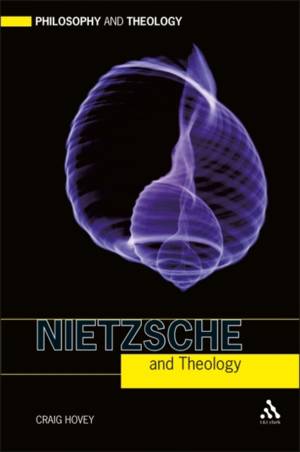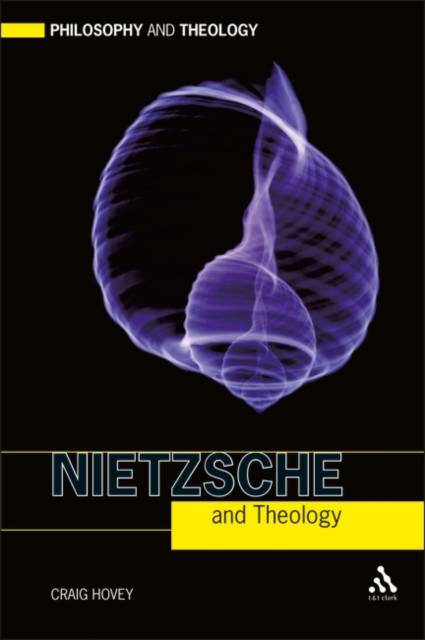
- Afhalen na 1 uur in een winkel met voorraad
- Gratis thuislevering in België vanaf € 30
- Ruim aanbod met 7 miljoen producten
- Afhalen na 1 uur in een winkel met voorraad
- Gratis thuislevering in België vanaf € 30
- Ruim aanbod met 7 miljoen producten
Omschrijving
Over a century ago, Nietzsche famously declared the death of God, but this has hardly kept Christian theologians from making positive use of this "master of suspicion."
Nietzsche and Theology displays how his most generative and provocative ideas are also deeply theological and continue to teach Christians how to be Christians in the world in which they find themselves. Hovey highlights the constructive contributions that can emerge from receptively meeting Nietzsche as modernity's philosophical other. Unchained from resenting Nietzsche's "philosophical hammer," such encounters will surely reward those who journey into the far country of Nietzsche's Christianity.
Specificaties
Betrokkenen
- Auteur(s):
- Uitgeverij:
Inhoud
- Aantal bladzijden:
- 192
- Taal:
- Engels
- Reeks:
Eigenschappen
- Productcode (EAN):
- 9780567031518
- Verschijningsdatum:
- 7/10/2008
- Uitvoering:
- Hardcover
- Formaat:
- Genaaid
- Afmetingen:
- 140 mm x 216 mm
- Gewicht:
- 294 g

Alleen bij Standaard Boekhandel
Beoordelingen
We publiceren alleen reviews die voldoen aan de voorwaarden voor reviews. Bekijk onze voorwaarden voor reviews.







